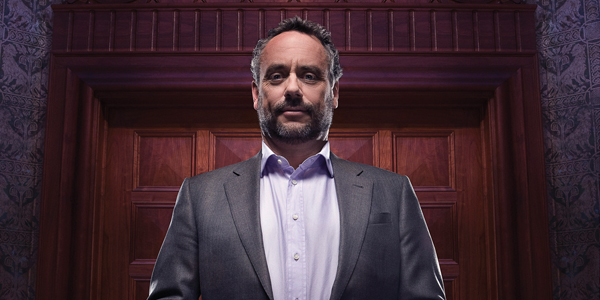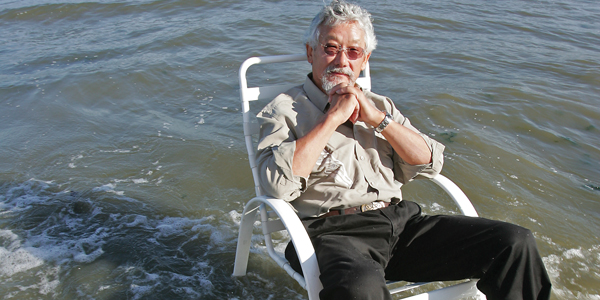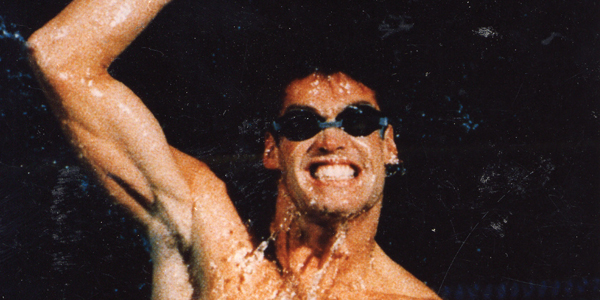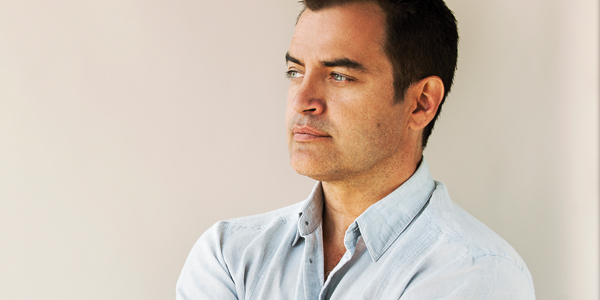“Bad days have a scientific value. They are occasions a good learner would not miss.” – Ralph Waldo Emerson
Frustrated. Irritated. Annoyed. Sometimes I feel this way when I’m in a hurry and I’m stuck in traffic. Have you ever felt like it? Have you ever felt this way about someone that you live with? About a co-worker or a customer?
When I facilitate certain seminars, I’m often asked how to deal with difficult people. I think many people are hoping I will give them a simple phrase or a magic spell to help transform their situation but the answer is actually more complex. The solution involves changing the way we look at life. Life can be challenging if we make it challenging – it depends on our attitude. Difficult people and circumstances can reveal the areas we need to develop; they are our teachers.
Although we may have completed our formal education, we are never done learning. Life is a giant classroom and all of us, no matter what age, are students. The curriculum involves every aspect of our lives and there are always tests. Until we learn the lessons and pass the tests, we will continue to encounter the same situations (although they may involve different teachers). Our progress is hindered when we focus our attention on what we don’t like about the situation. We may spend a great deal of energy complaining and trying to change others when it’s us who need to change.
One of the many lessons I’ve learned in this area occurred almost ten years ago when I was working for an insurance company. For four weeks I was training new employees on how to administer insurance policies. There was one participant who particularly challenged my patience.
He was young and just out of university and would constantly arrive late, even after I warned him he could be terminated for this behaviour. He wouldn’t listen when I was training, and he spent a large part of his day talking to others instead of working. He was a thorn in my side. I dreaded dealing with him and his “annoying” behaviour.
As the training progressed, I got to know him better. I found out, along with other personal details, that his father was very ill. I started to look at him in a different way. I even began to appreciate his sense of humour and other endearing qualities. Around the time I decided to change my perspective, he started arriving on time and paying more attention in class.
As it turned out, of the thousands of people I have trained, he has been one of my favourites. Years later I still run into him and when I do, I’m delighted! We sometimes talk about how he drove me crazy and we laugh! He is one of the many teachers who have taught me the importance of not judging others – you don’t always know what someone is going through or what they have experienced. I’m still working on learning this lesson but the experience taught me that, if you remain open to the possibility, someone who frustrates you can become your friend.
Working or living with people who challenge our limits when it comes to love can teach us more about ourselves and serve the essential purpose of helping us grow. As author Marianne Williamson points out, “people who do make us angry are our most important teachers.” Many of us don’t like these teachers because they expose who we really are. They illuminate our flaws. They reveal where we need to heal. They may trigger unconscious fears or feelings of rejection, abandonment, or not feeling good enough.
More than likely, the lesson we are to learn involves giving more love to yourself, to others, and to life. Maybe you are unknowingly enrolled in a course on patience, compassion, empathy, faith, perseverance, unconditional acceptance, gratitude, forgiveness, or “living in the moment”.
So, the next time you are encountering a difficult situation – even something as simple as being stuck in traffic, sit quietly for a few moments and ask yourself, “What am I supposed to learn from this?” The answer may not come immediately, but it will come if you sincerely desire to learn the lesson.






